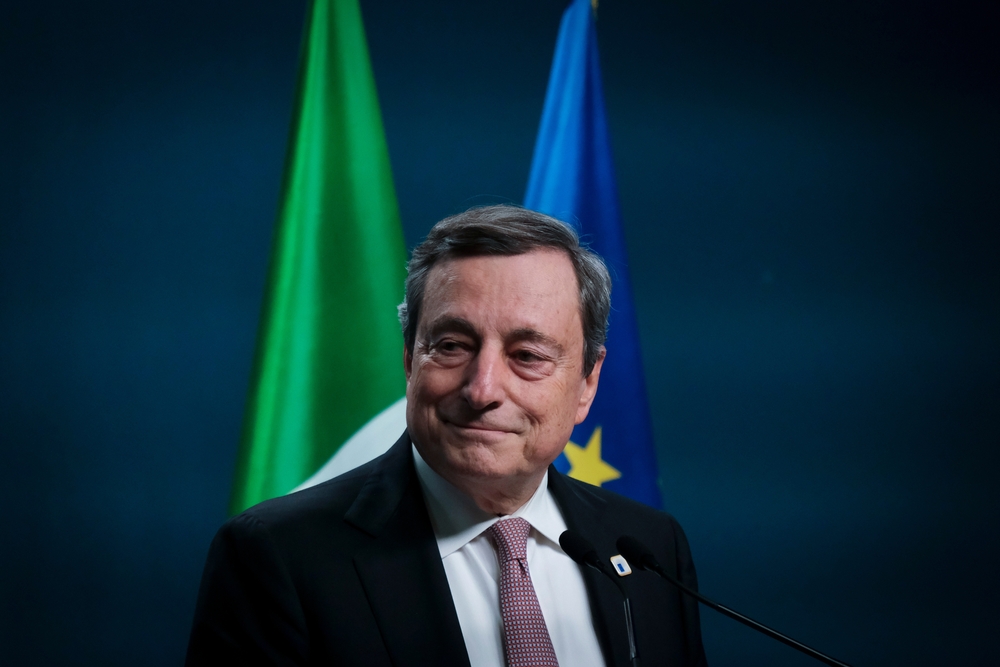Former Italian Prime Minister and ex-European Central Bank President, Mario Draghi, has released a bold manifesto proposing a new vision for the European Union. The report focuses on three key pillars: innovation, ecological transition, and defense, and calls for an ambitious €800 billion annual “Marshall Plan” to rescue the EU. The proposal has stirred sharp divisions within both the center-left and center-right political spectrums in Italy.
Parties like the Democratic Party (PD), Action, Italia Viva, and Forza Italia have expressed strong support for Draghi’s plan, viewing it as a necessary push for European reform. Carlo Calenda, leader of Action, praised Draghi’s ideas as a roadmap for a stronger and more politically cohesive Europe. Meanwhile, Matteo Renzi of Italia Viva echoed similar sentiments, saying his party fully aligns with Draghi’s vision.
However, Prime Minister Giorgia Meloni’s party, Brothers of Italy (FdI), has been notably cold towards the proposal. FdI’s European delegation head, Carlo Fidanza, acknowledged the report’s merits but criticized past EU policies, expressing hope for a shift away from “ultra-environmentalist and anti-industrial” approaches. The far-right League and the Five Star Movement (M5S) were even more critical, with League representative Paolo Borchia accusing the EU establishment of trying to fix its own mistakes.
Within the center-right bloc, support for Draghi’s vision is divided. While Forza Italia and Noi Moderati voiced approval, with Antonio Tajani emphasizing the need for further energy and capital market integration, the League remains opposed, highlighting a rift in the coalition’s stance on Europe.
The center-left, led by the PD, is also grappling with internal disagreements. While prominent figures like Nicola Zingaretti fully support Draghi’s call for a more proactive EU, the Five Star Movement is vehemently opposed, accusing Draghi of contributing to the EU’s neoliberal policies during his tenure. M5S leader Pasquale Tridico questioned Draghi’s past actions and criticized the proposal’s emphasis on defense spending.
Environmental and left-wing groups such as the Greens and the Left Alliance are similarly opposed to the defense spending outlined in Draghi’s report. They argue that Europe’s future should be built on peace, rights, and ecological investments, not military expansion.

